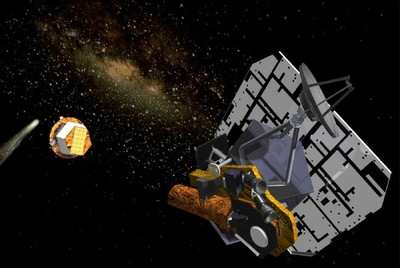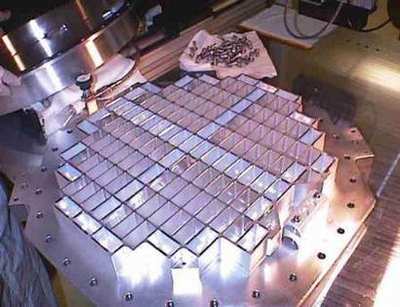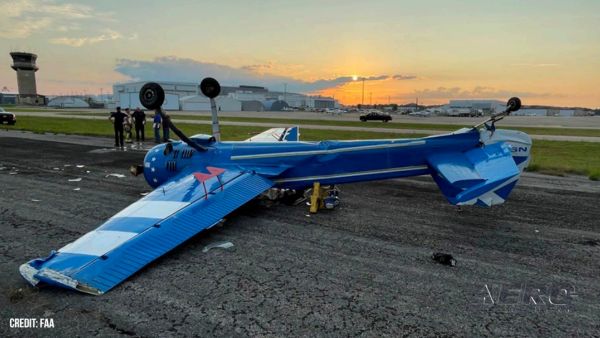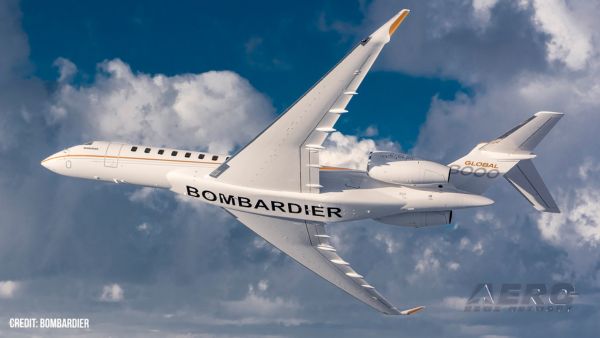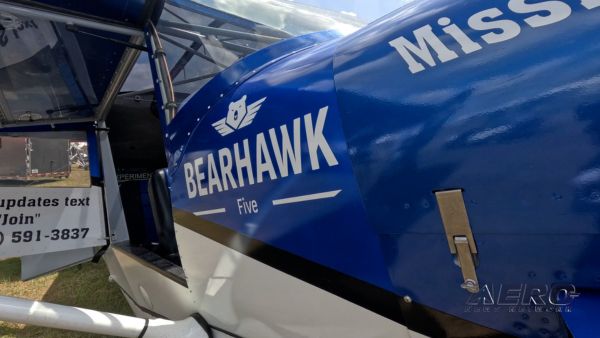Thu, Jul 05, 2007
Advertisement
More News
 ANN's Daily Aero-Term (05.24.25): Search And Rescue
ANN's Daily Aero-Term (05.24.25): Search And Rescue
Search And Rescue A service which seeks missing aircraft and assists those found to be in need of assistance. It is a cooperative effort using the facilities and services of availa>[...]
 ANN's Daily Aero-Linx (05.24.25)
ANN's Daily Aero-Linx (05.24.25)
Aero Linx: European Association of Aviation Training and Educational Organisations (EATEO) The mission of EATEO is to provide a common forum for European aviation training and avia>[...]
 Classic Aero-TV: Goodyear's Wingfoot One - What it Takes to Tour in a Zeppelin
Classic Aero-TV: Goodyear's Wingfoot One - What it Takes to Tour in a Zeppelin
From 2016 (YouTube Edition): Fly Along With Chief Pilot Hissem… Goodyear’s Wingfoot One Zeppelin is not the blimp (Navy slang, “Poopy Bag”) that you have k>[...]
 Airborne-NextGen 05.20.25: Drone Regs, Zero-Emission Cargo, Door-Dash Drone
Airborne-NextGen 05.20.25: Drone Regs, Zero-Emission Cargo, Door-Dash Drone
Also: Blackhawk’s Replacement, Supersonic Flight, Archer 1Q/25, Long-Range VTOL Program U.S. Secretary of Transportation Sean P. Duffy released an update on progress being ma>[...]
 Classic Aero-TV: Efficient Versatility -- NASA GL-10 Greased Lightning
Classic Aero-TV: Efficient Versatility -- NASA GL-10 Greased Lightning
From 2015 (YouTube Edition): The Airframes Displayed At AUVSI 2015 Were Quite Innovative It’s common to visualize a small vertical lift UAV as having 4 to 6 propellers, it&rs>[...]
blog comments powered by Disqus

